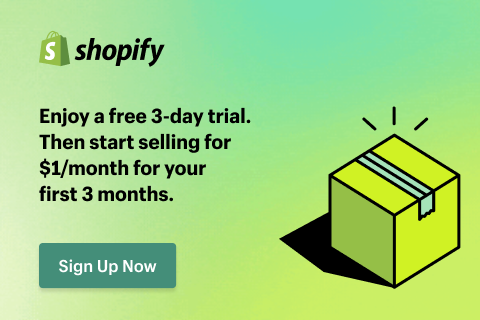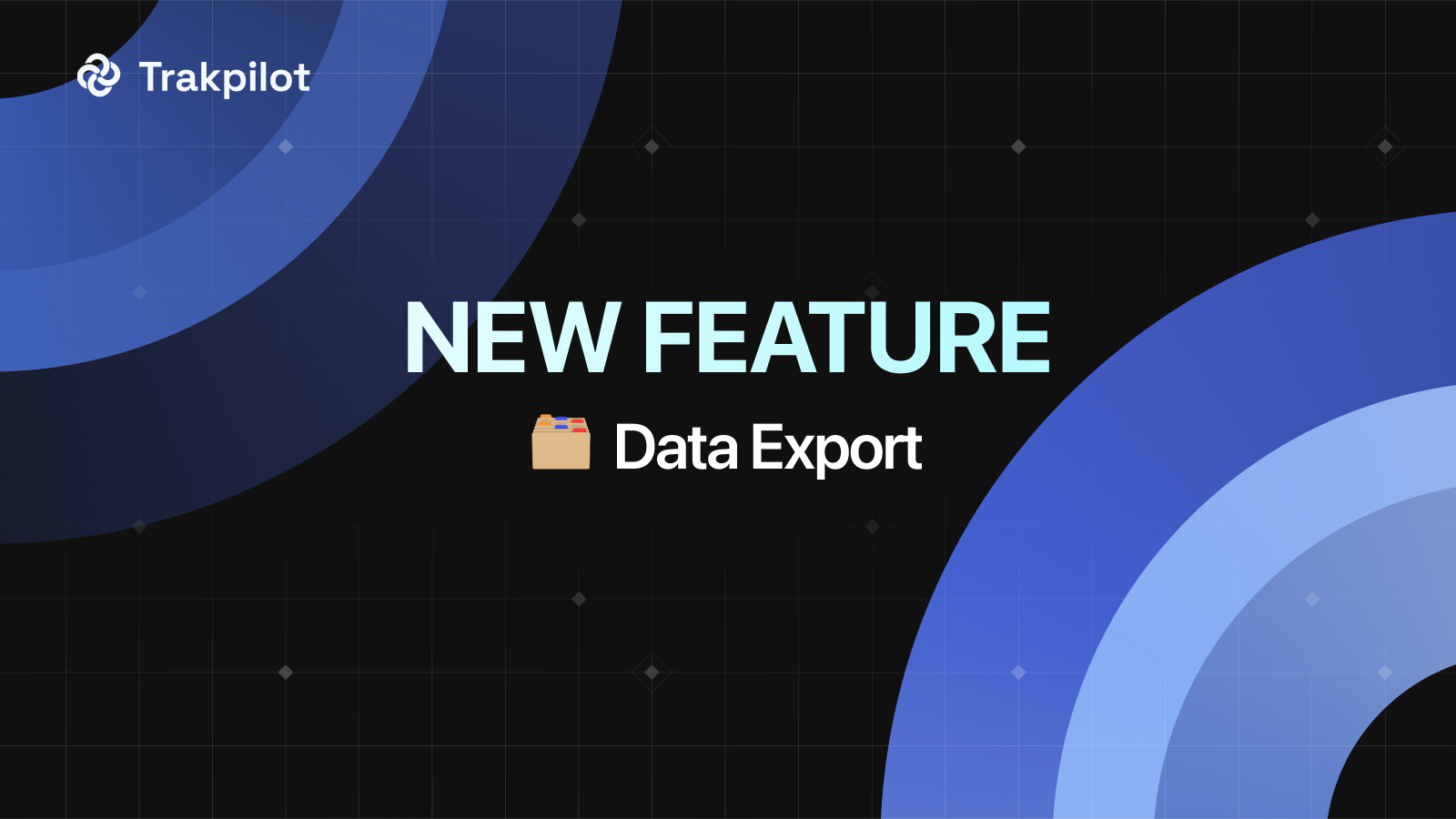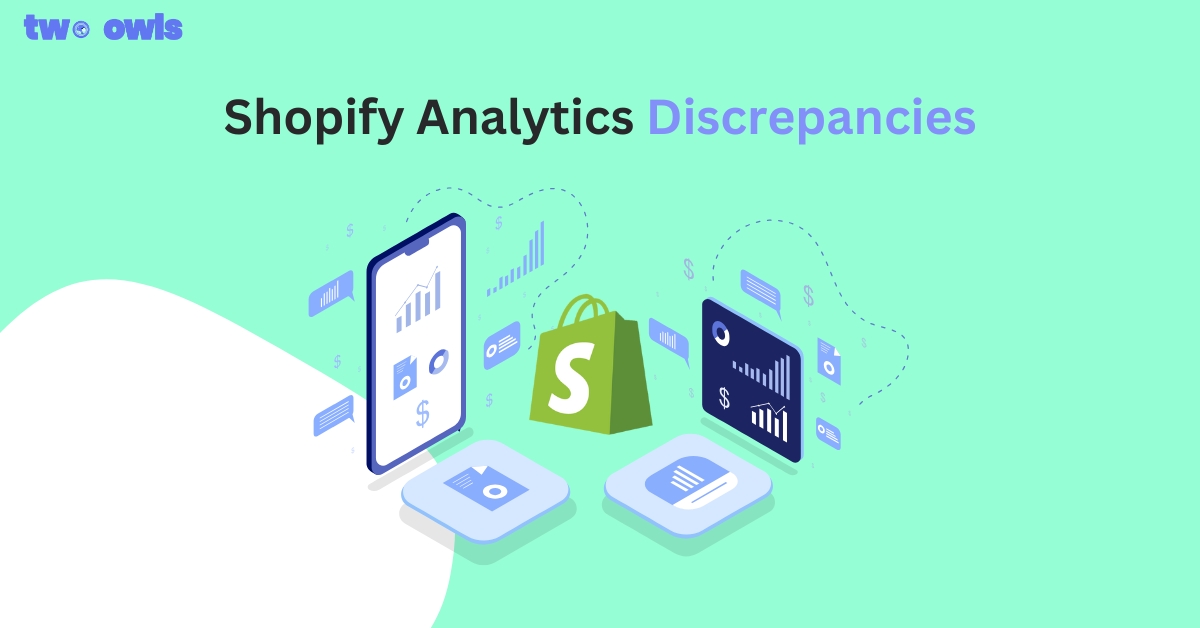Facebook Conversion API (CAPI): Luxury Or Necessity?
Isn’t Facebook Pixel enough? If it does, Mark Zuckerburg wouldn’t have to lay off thousands of employees just recently and mentioned ad signal loss damaging their ad revenue as part of the cause. If you are not looking to buy more expensive ads, let’s sit down and find out why Conversion API is not the expensive icing on the cake, but a total necessity.
How expensive is Facebook Conversion API?
Yeah yeah, you might agree, but let’s address the most concerning stuff: price.
You might have heard of having to pay a hundred bucks for a cloud server to set up the Google Tag Manager container on the server side. If you are a tiny store competing with giants, or if you’re just competing with thousands of similar products, this is ridiculous.
A reassurance: Facebook Conversion API is affordable. You can have a full-on CAPI with the latest tech and only pay some $15.99 per month.
It’s not going to break the bank. The more budget you can save, the longer your business can live.
Now, let’s see what CAPI can do that Pixel can’t in the face of IOS 14 restrictions:
Reduce your cost per conversion because of improved match signal
If you know Facebook Pixel, you know that it’s a tiny piece of code that depends on the browser to execute. Since it’s browser-based, it’s likely to be impacted by loading errors, cookie blockers, and ad blockers.
Conversion API, on the other hand, stands strong in all situations. This is mostly because the way data is transmitted is a direct connection from server to server. So, expect around 95% - 100% of data captured via this stream.
With more data, you’ll be giving Facebook a more complete picture of what’s going on, who buys, and who didn’t. This eventually feeds into the Facebook Algo that will steer your Ads in real-time to the most relevant people. The higher the intent, the lower the cost.
Improve targeting with server-side Conversion API
Now you might be wondering, how does CAPI really help Facebook to find you more engaged prospects then?
It all boils down to Event Match signals that CAPI can send over to Facebook. CAPI outperforms in both quality and quantity of event matching data, hence helping Facebook to find out the exact Facebook profile that takes the action off Facebook (your site).
More useful custom audience and lookalike
If your ad is getting more profitable, there is no better way to grab the chance than by copying success. By that, I mean creating a custom audience who has shown interest in your products and targeting your ads to a lookalike of those.
The thing is, if your custom audience is too small, it won’t be that helpful. The more data points there are, the more reliable your lookalike will be.
Improve ad attribution and measurement
Since all events are captured and sent, you won’t be left hanging over why your ads won’t sell, or which ad won’t sell.
Sometimes, it’s just that the conversion wasn’t captured at all, so Facebook has no way to figure out your ad’s performance.
In Facebook ads manager, CAPI is the first step to solve data loss. Though it's succumbed to certain protocols, it's the best you can give Facebook.
For more accurate attribution, use Facebook UTM parameters.
Will Conversion API replace Facebook Pixel?
Facebook Pixel has been a huge support for marketers for a decade. Though Pixel alone is going to be less and less reliable in the face of privacy concerns, it still has its place.
Lightweight and easy to set up, Pixel and CAPI are mutually inclusive. The best practice here is to use them in parallel so the data combined will give Facebook a more complete picture.

Tracking strategy is a topic full of headaches and jargon, but Pixel-CAPI is a must-have pair to lay a good foundation for your ads. Get it right, you’ll give Facebook the intel it needs to steer your campaigns in the right, profitable direction. Install the solution for Shopify right here.
FAQs about Facebook Conversion API
What is the Facebook Conversion API?
Facebook CAPI a.k.a Facebook Conversion API is a tool also used to track the actions of customers like Facebook Pixel. However, Facebook CAPI takes it even to a new level by monitoring even offline events like phone calls or purchases in stores. Additionally, you have more control over data being sent to Facebook like choosing specific actions as well as the sending frequencies.
See more: The Differences Between Facebook Pixel and Facebook Conversion Api
How does Facebook CAPI work?
CAPI is processed like a browser-side pixel event, but instead of relying on the browser, data is shipped directly from the web server. This means a more secured transfer with fewer issues like a browser crash. Most importantly, advertisers control what and when to share the data.
This method of tracking is said to help advertisers get ahead of the game, with a technical effort.
How does Facebook CAPI impact ad performance and optimization?
CAPI can improve ad performance by providing more accurate data, enabling better optimization, and reducing the impact of ad campaigns affected by browser-based tracking limitations.



